News
Against the Tropes: Five Black Women in Horror Discuss Racism, Sexism, and More
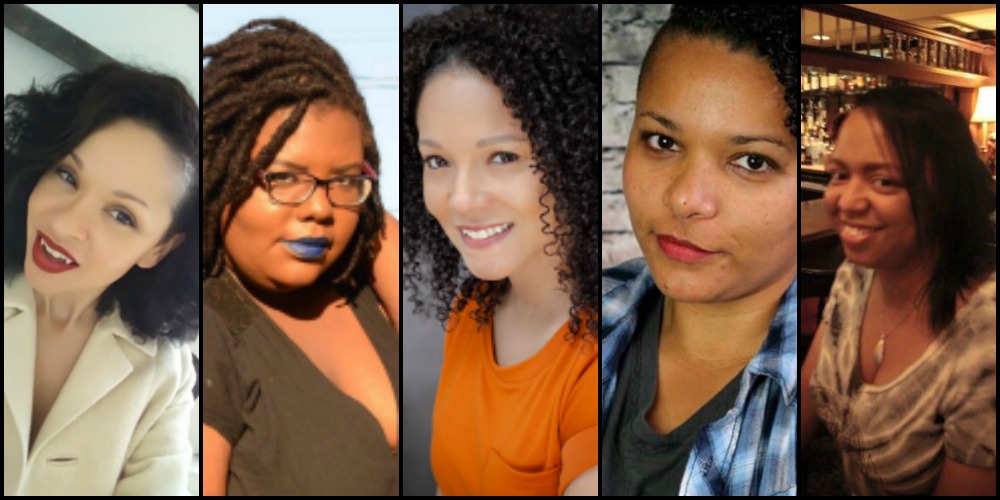
Some of you may have recently read about Rachel True and her blatant omission from convention reunions for The Craft. The singular black actress in the film has been excluded from events since the film’s release, including an MTV awards show in which her three white co-stars were asked to present an award while she sat, watching from the audience.
Public response was immediate and divided. While some lauded True for speaking up, others called her out implying that maybe she just didn’t have the drawing power the other three had for conventions and other appearances.
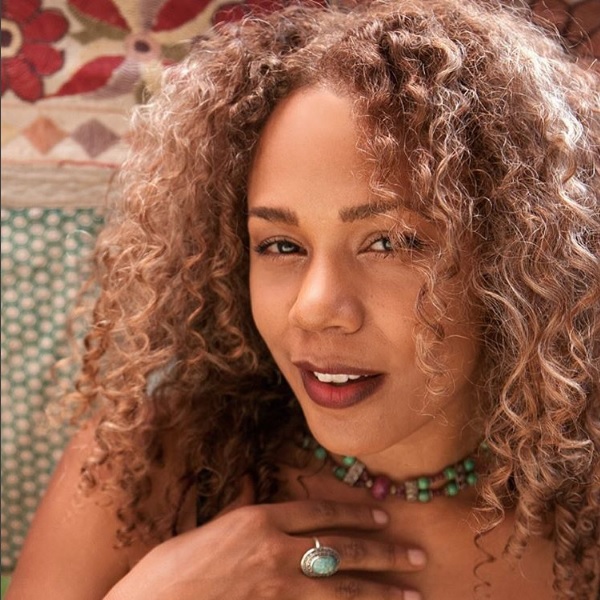
Anyone who knows my work will realize that this immediately sounded alarm bells in my head, and I wanted to write about the actress’s exclusion, and the presence of racism in the horror business both in front of and behind the camera.
There was only one problem, really. I’m a white guy, and while I am also gay and understand marginalization on that front, I’m also aware that the “white” part of my description comes with certain privileges that others do not share.
In order to write about the realities of racism and sexism in the film industry, I needed those who had experienced it for themselves first hand.
As it happens, February is both Black History Month in the States and Women in Horror Month, and I saw this as an opportunity to combine both of these celebrations to discuss this serious matter.
I sent messages to three indie filmmakers I knew in particular who quickly added two more names to the list and last Sunday, the five of them sat down with me via phone to discuss issues that, despite what some may tell you, have not improved nearly enough in the U.S. especially.
Over the following hour I sat in awe as these phenomenal women took me into their confidence and related stories to me and each other, comparing experiences within the business of horror film-making.
We began our discussion with Rachel True’s situation, and it quickly became clear not only what the actress meant to these women, but also how her treatment echoed their own experiences.
“What has been going on with Rachel has really resonated with me,” Dallas-based writer/director/actress Tiffany Warren began. “I’ve struggled so much with finding roles that I finally broke down and asked a casting director here in Texas why. Is it something I’ve done wrong? And I’ve actually gotten feedback that they just don’t know what to do with me because I either don’t look ‘black enough’ or I’m too ethnically ambiguous.”
Not black enough? What does that even mean? I immediately thought of the Ruby Rose/Batwoman situation where toxic fans implied she wasn’t lesbian enough to play the role, and made a mental note to return to the subject.
“I think what she [Rachel True] has experienced is valid, but I don’t know if it’s intentional racism,” Warren continued. “One of the things I have noticed is that when she talks about her story, people will say things like, ‘There’s just not a demand for black people in horror’ or ‘There’s just not a lot of fans who are black in horror.'”
“Okay, that’s a straight lie,” interjected award-winning screenwriter and director Lucy Cruell. “I’m going to say that right quick. That’s an absolute lie.”
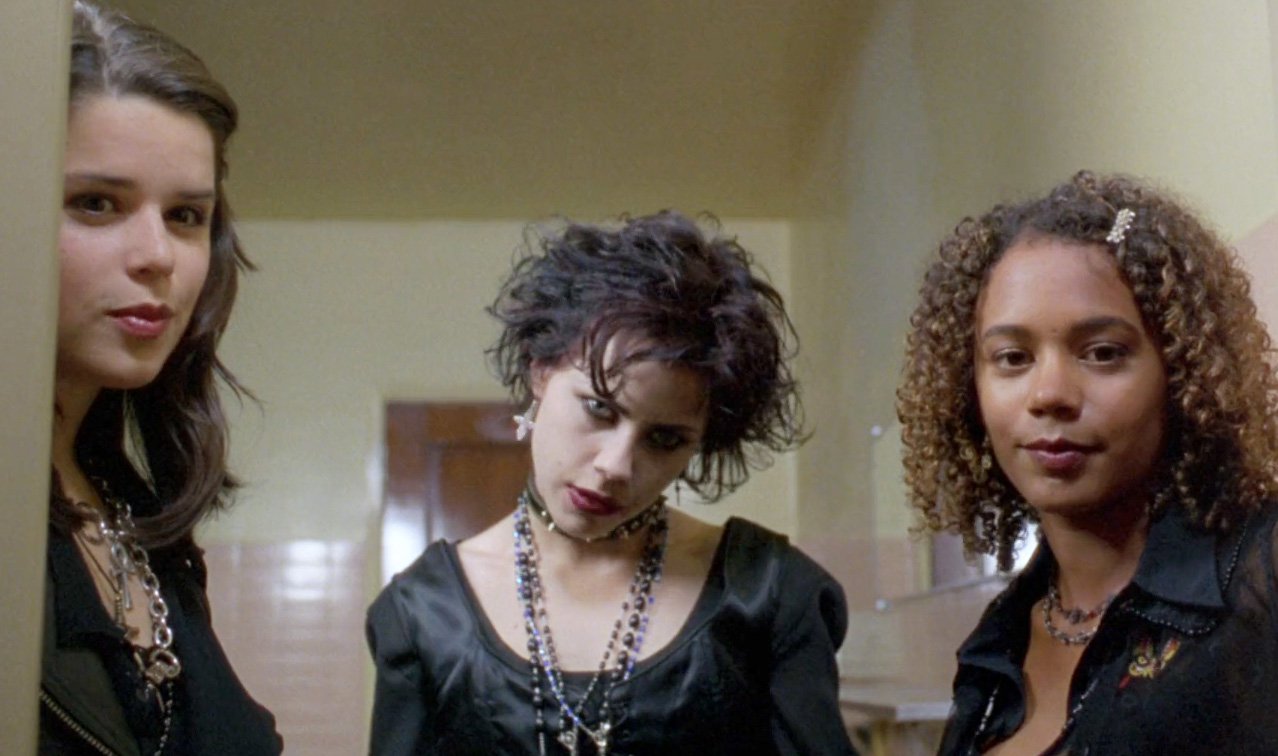
“It’s just racism,” San Francisco based writer and director Comika Hartford continued. “It’s more than just individual people making racist decisions. It’s because we live in a racist nation built on genocide, slavery, and murder. What I’ve found is that things are not getting better, and I’ve found that these people have set themselves up as the gatekeepers of ‘blackness.’ It’s about dividing who is ‘acceptable black’ from who is not.”
“We’ve seen the backlash she’s received from promoters and convention planners who want to spin her response,” added Drexel University alum and award-winning screenwriter Chris Courtney Martin. “They say, ‘Oh we were going to call you, but you just screwed up.'”
“That’s gaslighting because she called them out.” Hartford said.
Gaslighting refers to manipulation by sewing seeds of doubt in a person’s sanity or reliability. The terms comes from the 1944 George Cukor film, Gaslight, in which Charles Boyer attempt to drive Ingrid Berman insane.
“Her representation had already reached out and were told they weren’t interested,” Warren pointed out.
“So now, they sit and spin the ‘angry black woman’ narrative and make it seem like she was being aggressive and belligerent,” Martin continued, “and they don’t want to work with her when we already know it came down to racism.”
“If you make a peep, you get that angry black woman stereotype,” Cruell said. “If you complain or question even in the nicest possible terms, that stereotype pops up faster than you can get to the question mark.”
Cruell went on to relay her own experiences growing up in a small town where everyone knew everyone, and how it created a sort of “racial unawareness” of what was going on in the world around her.
When, after attending Harvard Law School, she decided to pursue screenwriting instead, the systemic racism and sexism she met was almost baffling, but that people like True speaking up offers validation to her own experiences.
“It took me a while to figure out when I was first starting out,” she explained. “I kept getting awards and winning fellowships and then I’d meet some guy who won third place in one contest and he already had an agent and a manager. It just kept happening and you get to the point where you’re just confused and you don’t know where to turn and you need to know if this is happening to other people.”
She went on to describe the situation as something akin to the old Twilight Zone episode “Five Characters in Search of an Exit” saying that they’re all looking for the door but only the [white] men in charge can present it, and it doesn’t appear that they’re ready.
For those who think these women might be exaggerating, I would point out to you that while the number of men of color directing big screen releases has increased over the last couple of years, the number for women of color is still abysmally low.
In fact, according to Variety, when reporting on the top 100 films for each of the last 12 years, they pointed out that out of 1200 titles, there were only five black women directors at the helm and only three Asian women and one Latina.
It’s downright maddening when one considers the perspectives we’re missing by not including these voices.
But let’s get back to that question of what it means to “not be black enough.”
“My question for that is always ‘What’s your interpretation of black?'” Georgia-based filmmaker and actress Melissa Kunnap said. “Their answer is usually something very stereotypical and I’m going to say, ‘So are you the benchmark for a white person?’ When they say that, no, white people come with all kinds of backgrounds and education levels I tell them so do we. Your idea of what a black person is, that’s just a stereotype and that is not who we are in the world.”
“White people think they are in charge of policing blackness,” Hartford added. “There’s also the issue of enforced colorism in the U.S. That’s a big part of the problem and its definitely a European disease that affects other cultures. When you’re dealing with colorism, you’re dealing with the after-effects of colonialism.”
For those unaware, “colorism” refers to a stratification based on skin-tone where certain qualities, characteristics, advantages, and disadvantages, are ascribed to the varying shades of lightness and darkness of a person’s skin color.
“I don’t think they realize how dehumanizing it is,” Cruell said. “It’s almost like they’re separating and deciding what it is to be human. They can be anything from a country and western singer to a headbanger, but you’re only allowed to be this one thing. We’re limited by the boundaries that one race has laid out for another. It’s annoying and limiting.”
“Every black person everywhere has to represent every black person everywhere,” Hartford added “but white people are ‘normal’ and get to be individuals.”
Continue to the next page for more!
'Civil War' Review: Is It Worth Watching?
Follow our new YouTube channel "Mysteries and Movies" here.
News
Russell Crowe To Star in Another Exorcism Movie & It’s Not a Sequel

Maybe it’s because The Exorcist just celebrated its 50th-anniversary last year, or maybe it’s because aging Academy Award-winning actors aren’t too proud to take on obscure roles, but Russell Crowe is visiting the Devil once again in yet another possession film. And it’s not related to his last one, The Pope’s Exorcist.
According to Collider, the film titled The Exorcism was originally going to be released under the name The Georgetown Project. Rights for its North American release were once in the hands of Miramax but then went to Vertical Entertainment. It will release on June 7 in theaters then head over to Shudder for subscribers.
Crowe will also star in this year’s upcoming Kraven the Hunter which is set to drop in theaters on August 30.
As for The Exorcism, Collider provides us with what it’s about:
“The film centers around actor Anthony Miller (Crowe), whose troubles come to the forefront as he shoots a supernatural horror movie. His estranged daughter (Ryan Simpkins) has to figure out whether he’s lapsing into his past addictions, or if something even more horrific is occurring. “
'Civil War' Review: Is It Worth Watching?
Follow our new YouTube channel "Mysteries and Movies" here.
Movies
New F-Bomb Laden ‘Deadpool & Wolverine’ Trailer: Bloody Buddy Movie
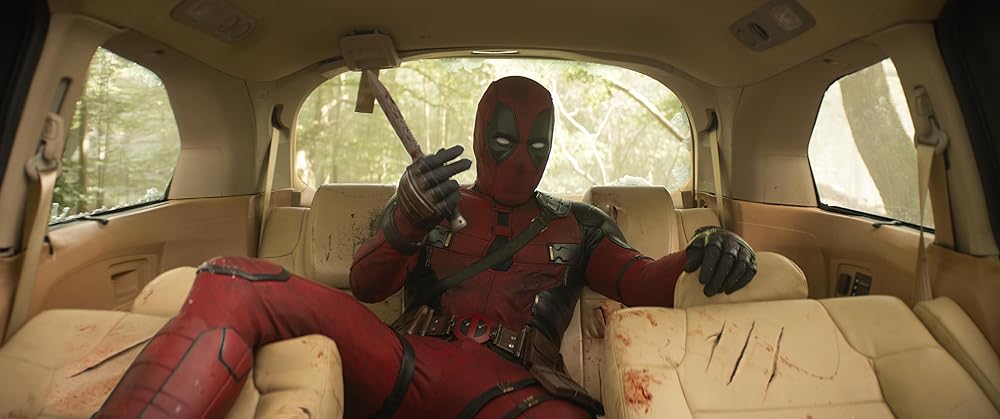
Deadpool & Wolverine might be the buddy movie of the decade. The two heterodox superheroes are back in the latest trailer for the summer blockbuster, this time with more f-bombs than a gangster film.
This time the focus is on Wolverine played by Hugh Jackman. The adamantium-infused X-Man is having a bit of a pity party when Deadpool (Ryan Reynolds) arrives on the scene who then tries to convince him to team up for selfish reasons. The result is a profanity-filled trailer with a Strange surprise at the end.
Deadpool & Wolverine is one of the most anticipated movies of the year. It comes out on July 26. Here is the latest trailer, and we suggest if you are at work and your space isn’t private, you might want to put in headphones.
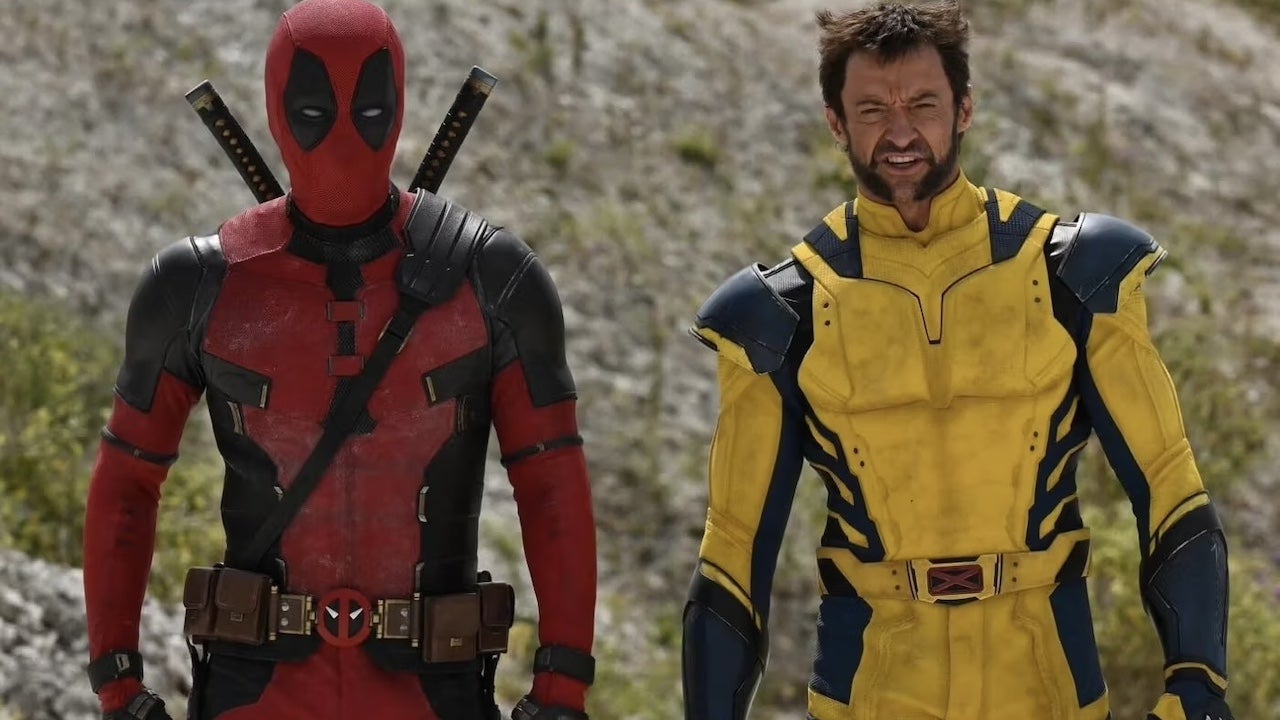
'Civil War' Review: Is It Worth Watching?
Follow our new YouTube channel "Mysteries and Movies" here.
News
Original Blair Witch Cast Ask Lionsgate for Retroactive Residuals in Light of New Film
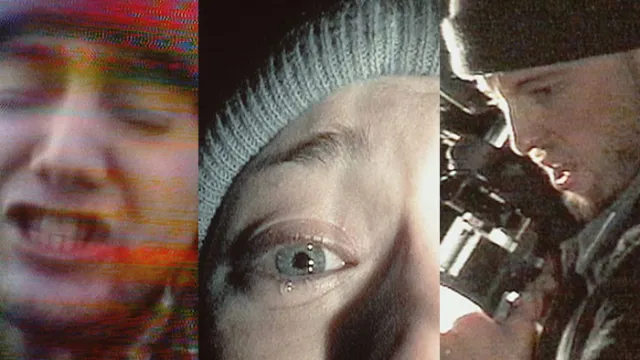
Jason Blum is planning to reboot The Blair Witch Project for the second time. That’s a fairly large task considering none of the reboots or sequels have managed to capture the magic of the 1999 film that brought found footage into the mainstream.
This idea has not been lost on the original Blair Witch cast, who has recently reached out to Lionsgate to ask for what they feel is fair compensation for their role in the pivotal film. Lionsgate gained access to The Blair Witch Project in 2003 when they purchased Artisan Entertainment.
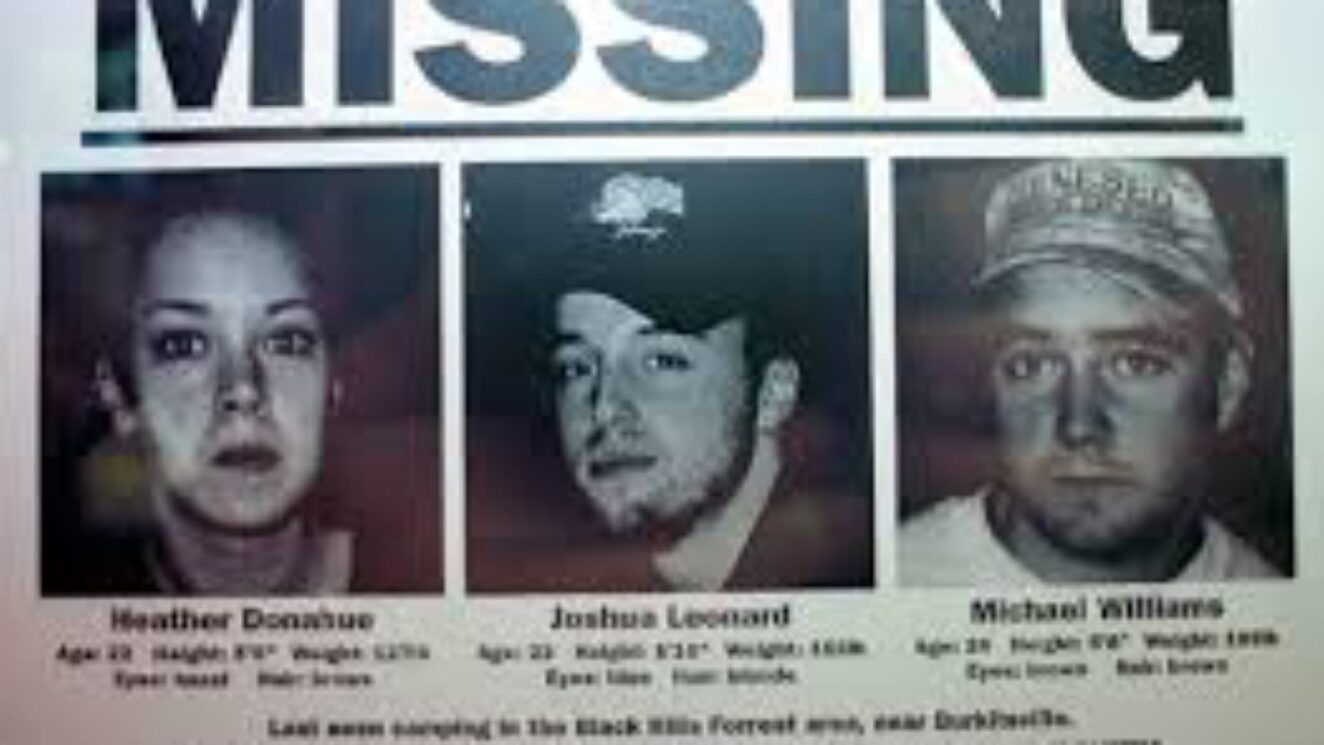
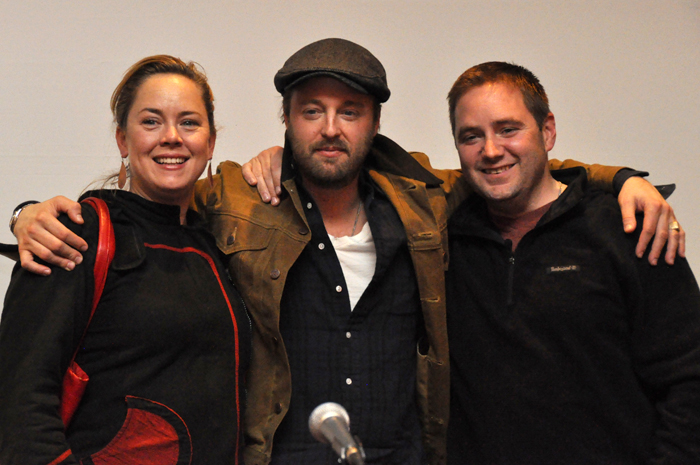
However, Artisan Entertainment was an independent studio before its purchase, meaning the actors were not part of SAG-AFTRA. As a result, the cast are not entitled to the same residuals from the project as actors in other major films. The cast doesn’t feel that the studio should be able to continue to profit off of their hard work and likenesses without fair compensation.
Their most recent request asks for “meaningful consultation on any future ‘Blair Witch’ reboot, sequel, prequel, toy, game, ride, escape room, etc., in which one could reasonably assume that Heather, Michael & Josh’s names and/or likenesses will be associated for promotional purposes in the public sphere.”
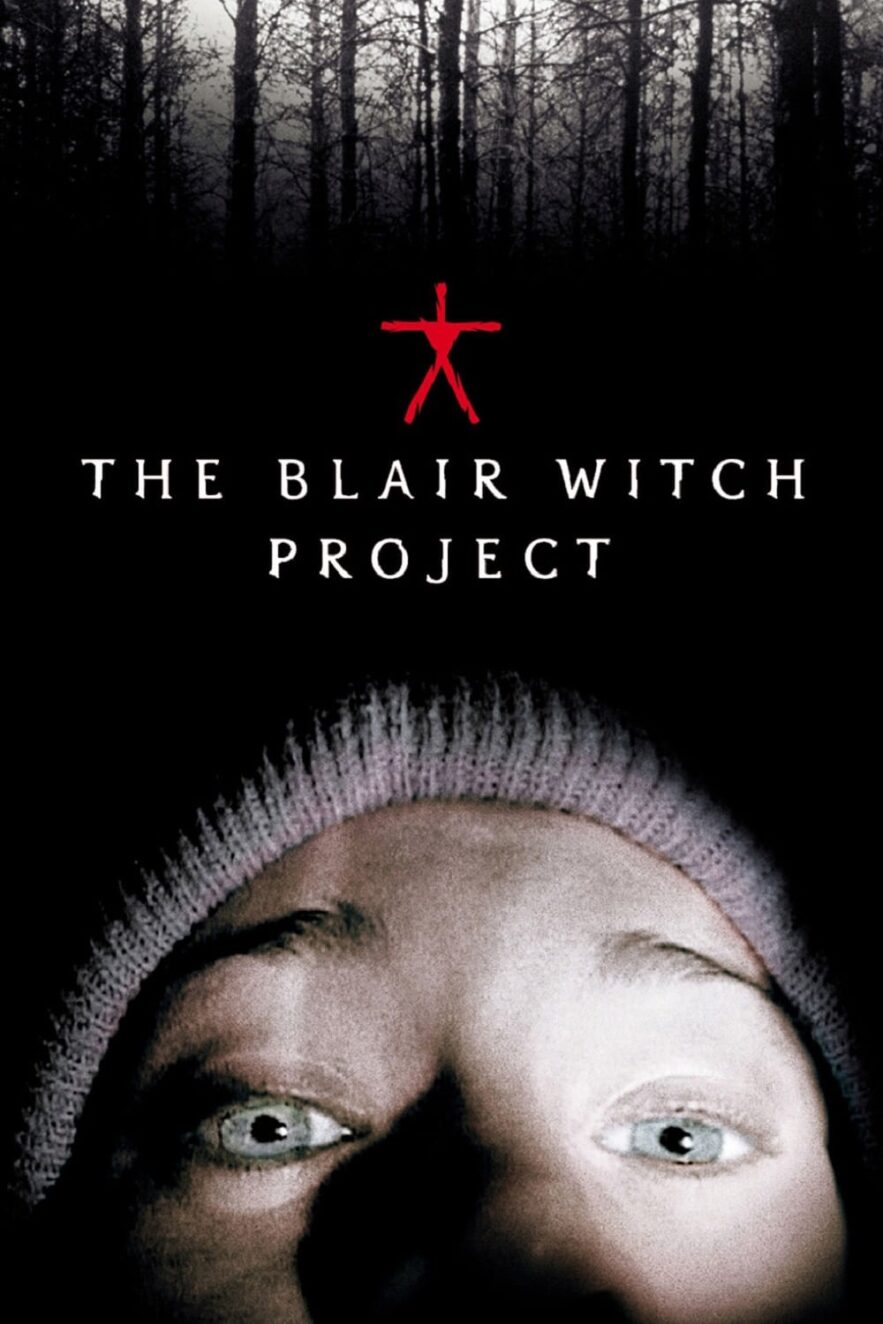
At this time, Lionsgate has not offered any comment about this issue.
The full statement made by the cast can be found below.
OUR ASKS OF LIONSGATE (From Heather, Michael & Josh, stars of “The Blair Witch Project”):
1. Retroactive + future residual payments to Heather, Michael and Josh for acting services rendered in the original BWP, equivalent to the sum that would’ve been allotted through SAG-AFTRA, had we had proper union or legal representation when the film was made.
2. Meaningful consultation on any future Blair Witch reboot, sequel, prequel, toy, game, ride, escape room, etc…, in which one could reasonably assume that Heather, Michael & Josh’s names and/or likenesses will be associated for promotional purposes in the public sphere.
Note: Our film has now been rebooted twice, both times were a disappointment from a fan/box office/critical perspective. Neither of these films were made with significant creative input from the original team. As the insiders who created the Blair Witch and have been listening to what fans love & want for 25 years, we’re your single greatest, yet thus-far un-utilized secret-weapon!
3. “The Blair Witch Grant”: A 60k grant (the budget of our original movie), paid out yearly by Lionsgate, to an unknown/aspiring genre filmmaker to assist in making theirfirst feature film. This is a GRANT, not a development fund, hence Lionsgate will not own any of the underlying rights to the project.
A PUBLIC STATEMENT FROM THE DIRECTORS & PRODUCERS OF “THE BLAIR WITCH PROJECT”:
As we near the 25th anniversary of The Blair Witch Project, our pride in the storyworld we created and the film we produced is reaffirmed by the recent announcement of a reboot by horror icons Jason Blum and James Wan.
While we, the original filmmakers, respect Lionsgate’s right to monetize the intellectual property as it sees fit, we must highlight the significant contributions of the original cast — Heather Donahue, Joshua Leonard, and Mike Williams. As the literal faces of what has become a franchise, their likenesses, voices, and real names are inseparably tied to The Blair Witch Project. Their unique contributions not only defined the film’s authenticity but continue to resonate with audiences around the world.
We celebrate our film’s legacy, and equally, we believe the actors deserve to be celebrated for their enduring association with the franchise.
Sincerely, Eduardo Sanchez, Dan Myrick, Gregg Hale, Robin Cowie, and Michael Monello
'Civil War' Review: Is It Worth Watching?
Follow our new YouTube channel "Mysteries and Movies" here.
-

 News7 days ago
News7 days agoThis Horror Film Just Derailed a Record Held by ‘Train to Busan’
-

 News5 days ago
News5 days agoWoman Brings Corpse Into Bank To Sign Loan Papers
-
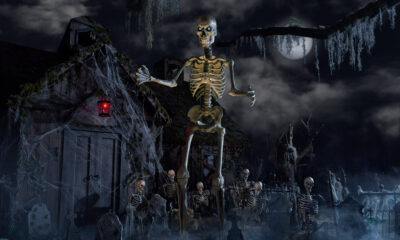
 News6 days ago
News6 days agoHome Depot’s 12-Foot Skeleton Returns with a New Friend, Plus New Life-Size Prop from Spirit Halloween
-

 Movies7 days ago
Movies7 days agoWatch ‘Immaculate’ At Home Right Now
-
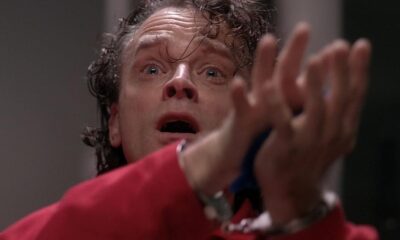
 News4 days ago
News4 days agoBrad Dourif Says He’s Retiring Except For One Important Role
-

 Strange and Unusual4 days ago
Strange and Unusual4 days agoMan Arrested for Allegedly Taking a Severed Leg From Crash Site And Eating It
-
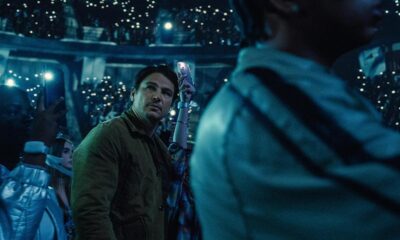
 Movies5 days ago
Movies5 days agoPart Concert, Part Horror Movie M. Night Shyamalan’s ‘Trap’ Trailer Released
-
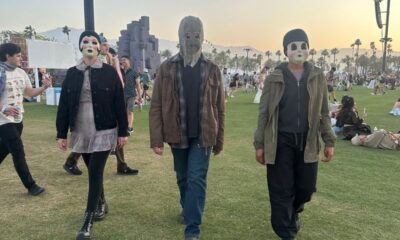
 Movies6 days ago
Movies6 days ago‘The Strangers’ Invaded Coachella in Instagramable PR Stunt
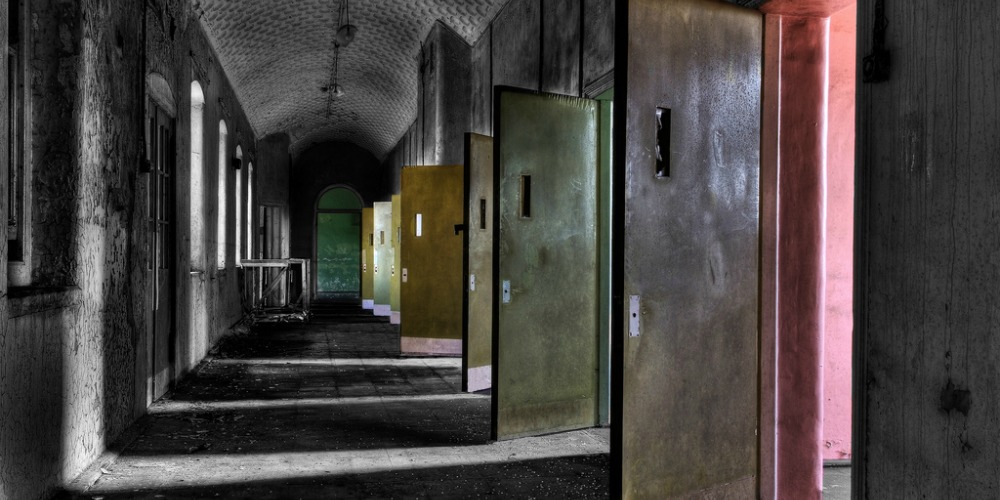
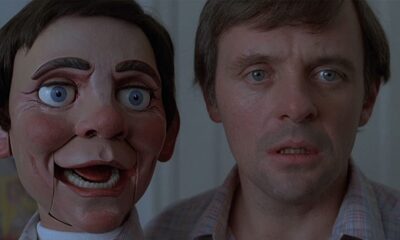

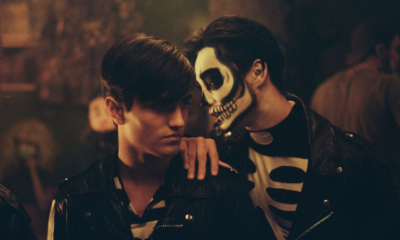


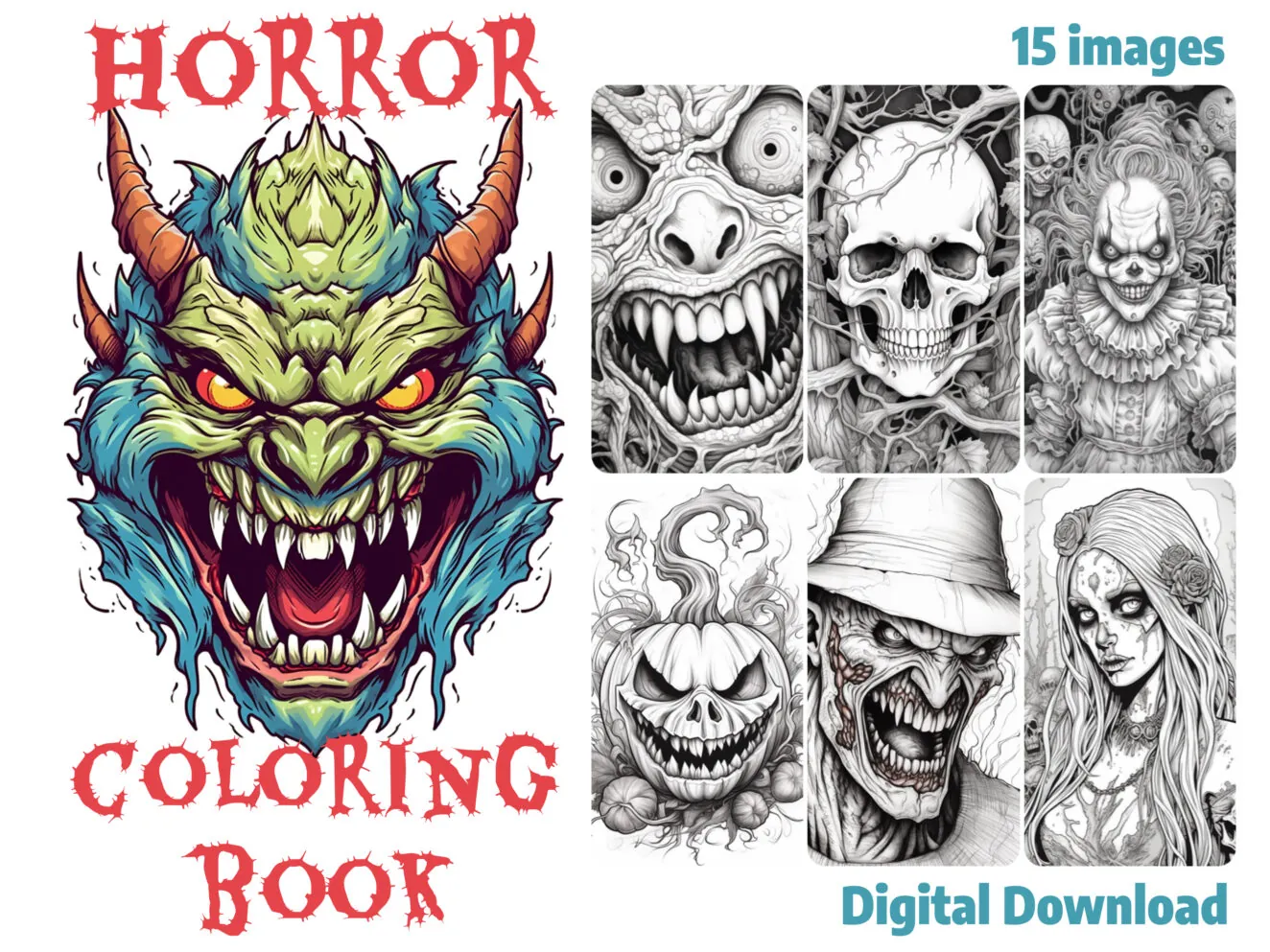
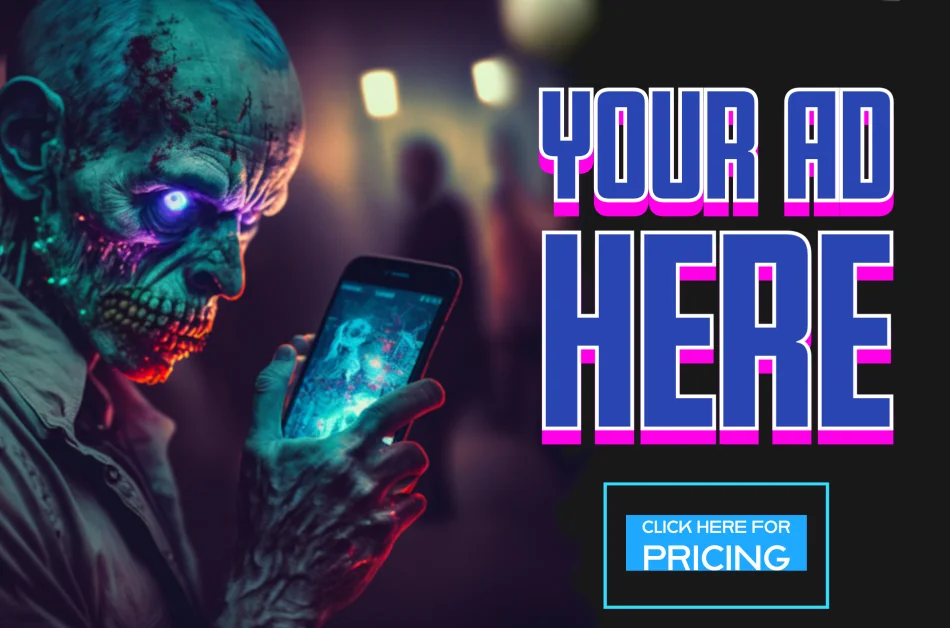












You must be logged in to post a comment Login